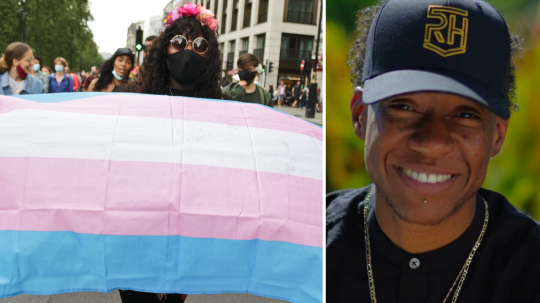
The government wants to change gender identity laws in the UK
Advocates say the changes could drastically improve the lives of trans people
Gender Identity and the right to be yourself
On 3rd July 2018, the government opened a consultation on reforming the 2004 Gender Recognition Act
The Act gives trans-people the right to change their legal sex on their birth certificate
But the current process is invasive, dehumanising and lengthy and treats trans people as if they have a mental illness
Applicants must be assessed by an anonymous medical panel for gender dysphoria…
...and must provide evidence they have lived their acquired gender for 2 years
Additionally, a spouse can prevent an applicant from acquiring gender recognition…
...which could be used to abuse and control their partner
You must also be at least 18 years or older in order to qualify for legal gender change…
...and non-binary people are forced to choose between “male” or “female” as their gender
So despite the act having been revolutionary at the time, it does have big limitations
But what’s being proposed to amend the law?
So far, no official changes have been announced to the act
But the consultation, which closes 19th October 2018, seeks the advice of the public
It’s hoped that a new “self-identification” system will be instituted
Allowing people to simply confirm their own gender without having to prove it with medical evidence and a lengthy process
What will happen next?
Self-identity is a core part of being free within society
Human rights laws have been instrumental in helping trans people claim their rights
Christine Goodwin’s successful 2002 human rights case resulted in the Gender Recognition Act
The issues around trans rights are not always straightforward
But ultimately to express yourself openly and without discrimination is a fundamental right we all deserve

